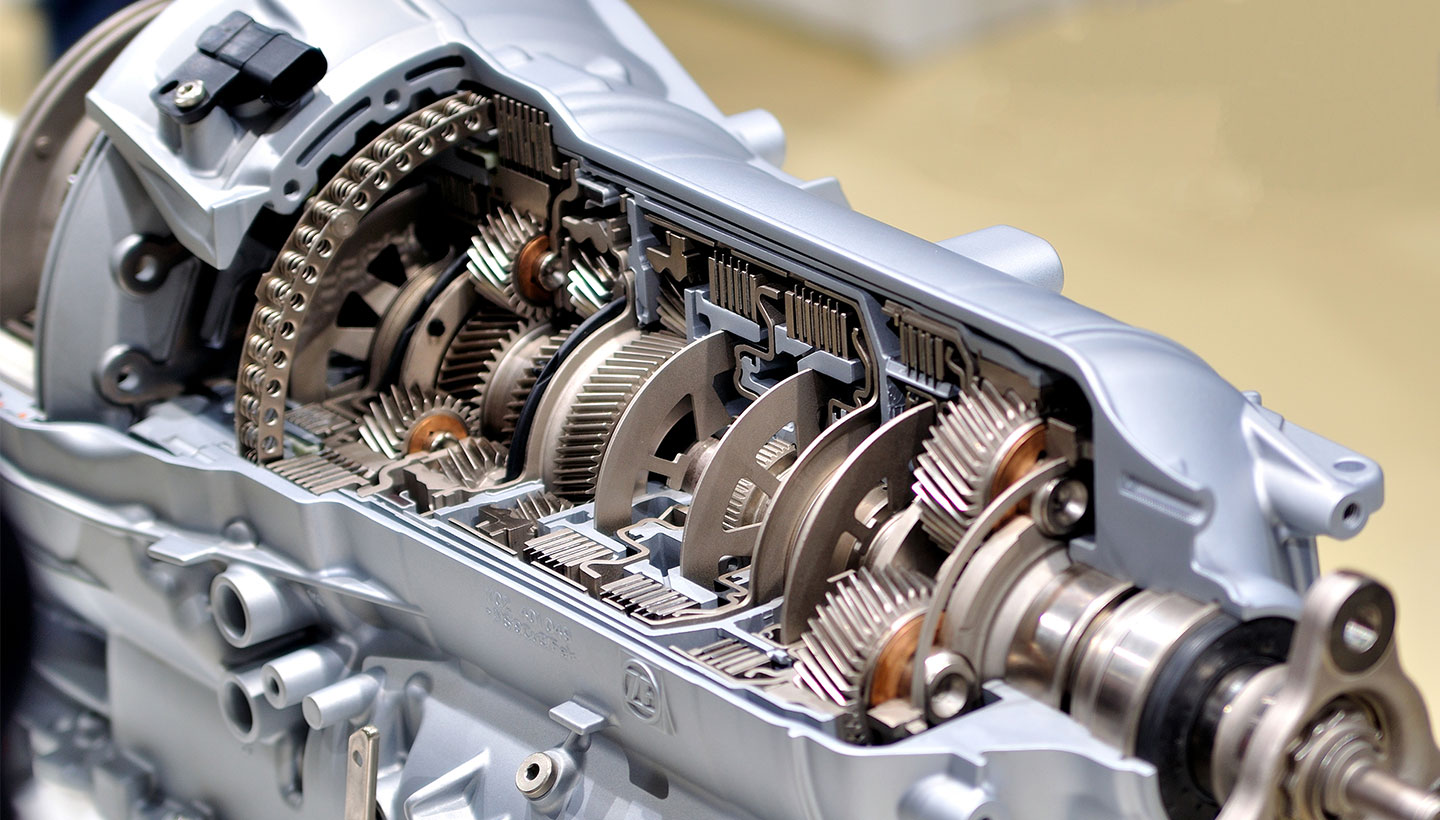Mobile:+86-311-808-126-83
Email:info@ydcastings.com
die casting alloy
Die casting is a manufacturing process that utilizes molten metal to create complex shapes and components with precision and efficiency. This technique is especially popular in industries such as automotive, aerospace, electronics, and consumer goods. A crucial aspect of die casting is the alloy used, as it significantly affects the properties of the finished product.
Aluminum and zinc are the most commonly used die casting alloys. Aluminum alloys are favored for their lightweight properties, excellent corrosion resistance, and good thermal and electrical conductivity. They are particularly prevalent in the automotive sector, where reducing vehicle weight is essential for improving fuel efficiency. Common aluminum alloys used in die casting include A380, A383, and A384. Each of these alloys has a distinct composition that imparts unique properties, making them suitable for different applications. For instance, A380 is known for its good fluidity and strength, making it ideal for intricate components.
Zinc die casting alloys, such as Zamak 3 and Zamak 5, are also popular due to their high strength-to-weight ratio and outstanding durability
. Zinc alloys can produce parts that possess excellent dimensional stability, allowing for tight tolerances and intricate designs. This makes them advantageous for precision applications, including electronic housings and automotive parts.die casting alloy

In addition to aluminum and zinc, magnesium alloys are gaining popularity in die casting. Magnesium is the lightest structural metal, offering excellent strength and stiffness. It is particularly beneficial in industries where weight savings are critical, such as aerospace and high-performance automotive applications.
Selecting the right die casting alloy involves considering various factors, including mechanical properties, corrosion resistance, and the intended application. The choice of alloy can significantly impact production costs, lifecycle performance, and environmental considerations.
Overall, die casting alloys play a vital role in the manufacturing of high-quality components. With advancements in alloy composition and die casting technology, the potential for creating innovative and efficient products continues to expand. As industries demand more performance from their materials, the evolution of die casting alloys will undoubtedly remain a key area of research and development, ensuring the process remains relevant in a rapidly changing market.
-
Impeller Technology That Powers Precision in Pump SystemsNewsMay.22,2025
-
Valve Durability Begins with Quality Cast Iron ComponentsNewsMay.22,2025
-
Performance Cooling with Advanced Automobile Water Pump SolutionsNewsMay.22,2025
-
How Motor Housing and Oil Pans Shape Engine PerformanceNewsMay.22,2025
-
How Metal Castings Drive Modern Manufacturing EfficiencyNewsMay.22,2025
-
Exploring the Engineering Behind Valve Body CastingsNewsMay.22,2025











